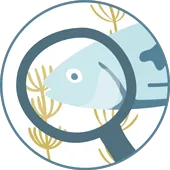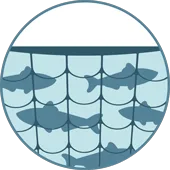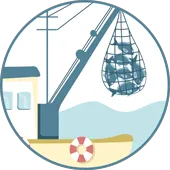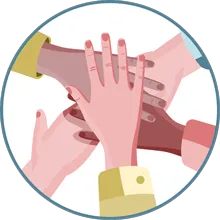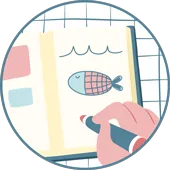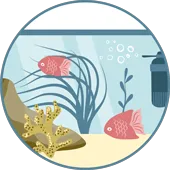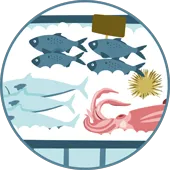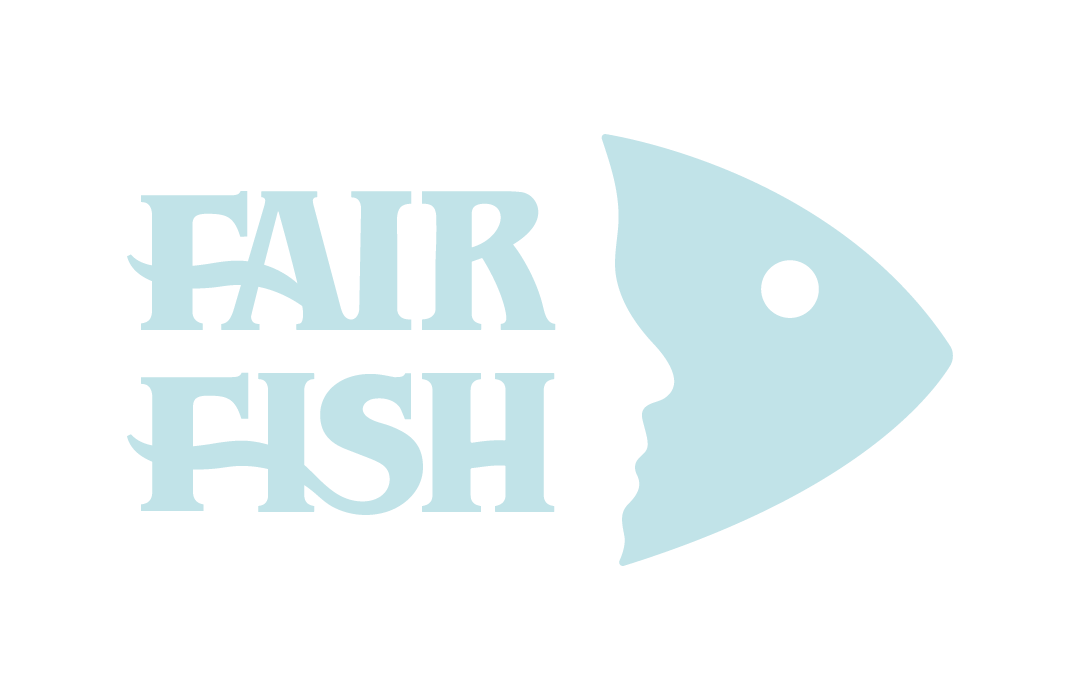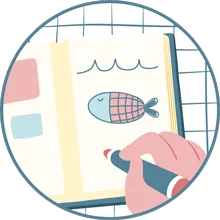Events
We publish position papers on topics that are close to our hearts. Regarding our (scientific) work, we present our findings in international congresses. In doing so, we continue to build on our worldwide network of exchange with colleagues in science and practice.
fair‑fish's participation in events 2025
- On January 21, 2025, Fausta Borsani delivered a short speech about the remarkable abilities of fish at the „boot“ in Düsseldorf (D).
- Yannick Rohrer spoke at the Fish Veterinary Society conference in Edinburgh (UK) on 4 March, where he presented his work in Switzerland. In his talk, titled „Implementing Fish Welfare in Practice“, he discussed how knowledge about fish welfare can be translated into practical application.
- On March 29, 2025, fair‑fish gave a presentation at the Diving Day at the Swiss Museum of Transport in Lucerne (Switzerland) and also hosted a well-attended stand.
- On June 25, 2025, Jenny Volstorf, director of the fair‑fish database, presented this open-access scientific platform online at the UFAW International Animal Welfare Conference 2025.
- On September 7, 2025, the Susy Utzinger Foundation for Animal Welfare celebrated its 25th anniversary with a large animal welfare fair at Zurich’s main train station – and fair‑fish was there! 🎉🇨🇭
Our Executive Director Fausta Borsani, together with colleagues Yannick Rohrer and Laura Kamp, represented fair‑fish on site, held inspiring conversations, and informed visitors about our work. - On September 11, 2025, our database researcher, Paolo Panizzon, presented at the Annual Meeting of the Animal Welfare Research Network in Bristol, UK. In his talk, “The fair‑fish database as a tool for fish welfare research,” he demonstrated how the database makes knowledge on fish welfare more accessible and comparable.
- On September 25, 2025, Fausta Borsani, our Executive Director, took part in the 32nd Freiland Conference in Vienna on 25 September. It was the first time that the important topic of fish welfare in the context of aquaculture and fisheries was addressed at such a conference.
- On October 30 and 31, 2025, our team member Caroline Marques Maia presented a poster about the fair‑fish database at the 22nd Congress of the Portuguese Ethological Society (SPE) in Faro, Portugal.
- On November 4, 2025, our Executive Director, Fausta Borsani, took part in this year’s films for future festival in Zurich as a panel guest at the Swiss premiere of the film “Kampf um die Meere” (“Battle for the Oceans”).
- On November, 12, our teammember Caroline Marques Maia presented at the fair‑fish database at the Aquaciência Conference – the 11th Brazilian Congress of Aquaculture and Aquatic Biology, the largest event in this field in Brazil. The conference took place from 11 to 14 November in Campos do Jordão, São Paulo.
- On 25 November, fair‑fish took part in the Münsterhof Christmas Market in Zurich with the team of Fausta Borsani, Laura Kamp and Yannick Rohrer. It was a great opportunity to talk with new and interested people about fish consumption.
Participation in events in 2024
- fair‑fish presented a poster at the Humanely Ending the Life of Animals symposium held on 6–7 March in Bern (Switzerland), an event focused on humane slaughter methods.
- At the Swiss Ocean Day on 20 June at the University of Bern, fair‑fish advocated for greater awareness of fish welfare.
- Caroline Marques Maia presented the fair‑fish database at the 57th Congress of the International Society for Applied Ethology, held from 22–26 July in Curitiba (Brazil).
- fair‑fish was one of the few NGOs with its own booth at Aqua 2024, which took place from 26–30 August in Copenhagen (Denmark). Yannick Rohrer presented fair‑fish’s aquaculture advisory services there.
- Jenny Volstorf presented a poster on the fair‑fish database at the ICES Annual Science Conference 2024, held from 9–12 September in Gateshead (United Kingdom), and received the best poster award.
- fair‑fish took part in the Fish Day organised by the Swiss Fisheries Association on 9 November at the Freies Gymnasium Bern.
- On 16 November, fair‑fish and the organisation Sentience co-organised an event in Zurich (Switzerland) focusing on salmon consumption and farming. Yannick Rohrer gave a talk at the event.
- Yannick Rohrer participated in a panel discussion on 20 November about the documentary Salmon Secrets, held at the Rote Fabrik in Zurich.
- On 27 November, fair‑fish hosted the Online Shoal – a discussion on the welfare of fish and other aquatic animals, bringing together science, NGOs, and industry stakeholders.
Events in which fair‑fish participated in 2023
HomePublicationsThank you!Summer ShoalTeamfair-fish bookSocial mediaConsumptionDonateAssociationEventsData privacyOnline ShoalImprintfair-fish Marine schoolConsultancyWhich labels?Bequestfair tradePartnersArchiveAquaristicsJobs/InternshipsHistory & VisionCarefish/catchFisheryCarefish/farmFarmingfair-fish databaseImprintData privacyNewsTeamDid you know...?fish-factsAnnual reportsNewsletterMessagefish-facts SubscriptionInstagramFacebookTwitter / XLinkedIn
